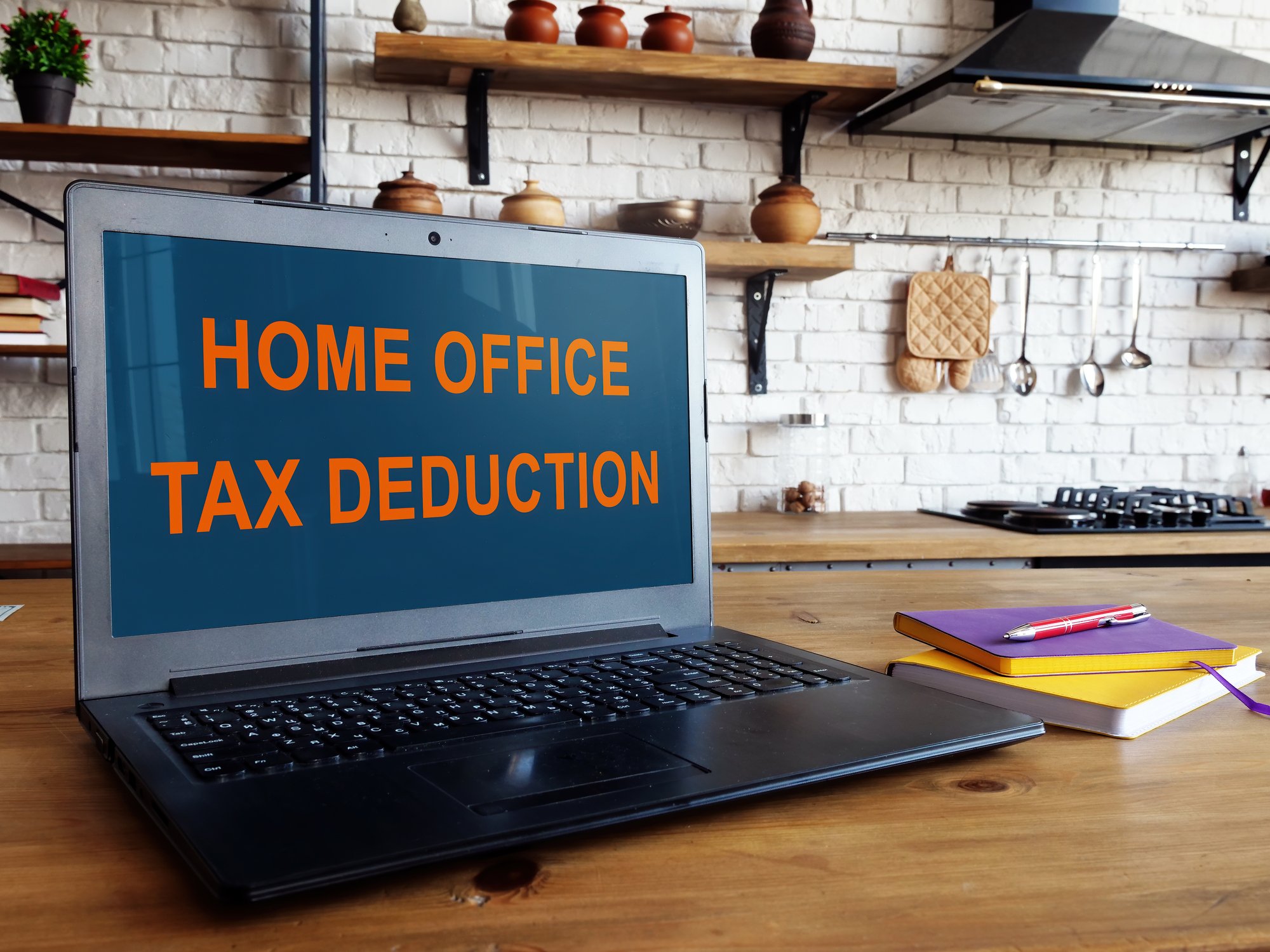Can you claim the home office deduction on your 2020 tax return?
Can you claim the home office deduction on your 2020 tax return?
By: Stacey Nickens
Due to the pandemic, many of us spent most or all of the year working from home. There are certainly benefits from using your home as an office. You can wear comfy clothes to work. You don’t have to deal with annoying commutes (or annoying co-workers). However, your home might have run out of post-it notes more quickly than usual. Or your home coffee bill suddenly skyrocketed since you no longer had access to a handy, stocked breakroom. Since the IRS begins accepting returns today, February 12, you may be wondering if you can claim the “home office deduction” or deduct business-related expenses on your 2020 return. The answer to these questions depends on your employment status.
If you are an employee, you likely miss out. Employees working from home during the pandemic cannot deduct any expenses related to their job as an employee of someone else’s business. Before 2018, you could claim a deduction for unreimbursed business expenses, but this deduction was abolished by the 2017 tax reform law.
The rules may be different if you’re an employee with a side gig. You may work a “regular” job while also having your own private side business that you operate out of your home. If this is the case, you can claim deductions for business expenses related to the side gig, if you meet the requirements below. The same is true of the home office deduction described in the next section. Essentially, being an employee of one organization does not disqualify you from being a self-employed individual with your own separate business.
Self-employed people may be able to claim the deductions. If you’re self-employed, you can deduct office expenses on Schedule C (Form 1040), even if you do not work from home. Schedule C allows you to write off office supplies, printers, computers, and other office supply expenses.
Self-employed people may also be able to claim the home office deduction, depending on if they satisfy all of the below requirements. If you use your home to run your business, you may be able to use the home office deduction to cover portions of your mortgage interest, rent, insurance, utilities, repairs, and depreciation. It does not matter what type of home you live in or if you run your business on another portion of your property, such as a barn or a garage.
The main requirement for claiming the home office deduction is that you use part of your home “regularly and exclusively” as your principal place of business. You can only claim the deduction for the periods of time where you use your home “regularly and exclusively” for your business. For example, if you primarily ran your business in your home from March to December, you can only claim the deduction for the 83% of the year in which you satisfied the “regularly and exclusively” requirement.
If you do qualify for the deduction, there are two ways to calculate your home office deduction. You can use the “actual expense” method, in which you multiply your home expenses by the percentage of your home allocated for your business. Again, if you only ran your business in your home for a portion of the year, you can only deduct a portion of the home expenses incurred when you were working from home. You can also use the “simplified” method to calculate your home office deduction. Using this method, you will deduct $5 for every square foot of your home used for a qualified business reason. If you use this method, you can only claim up to 300 square feet of your home were used as a home office.







